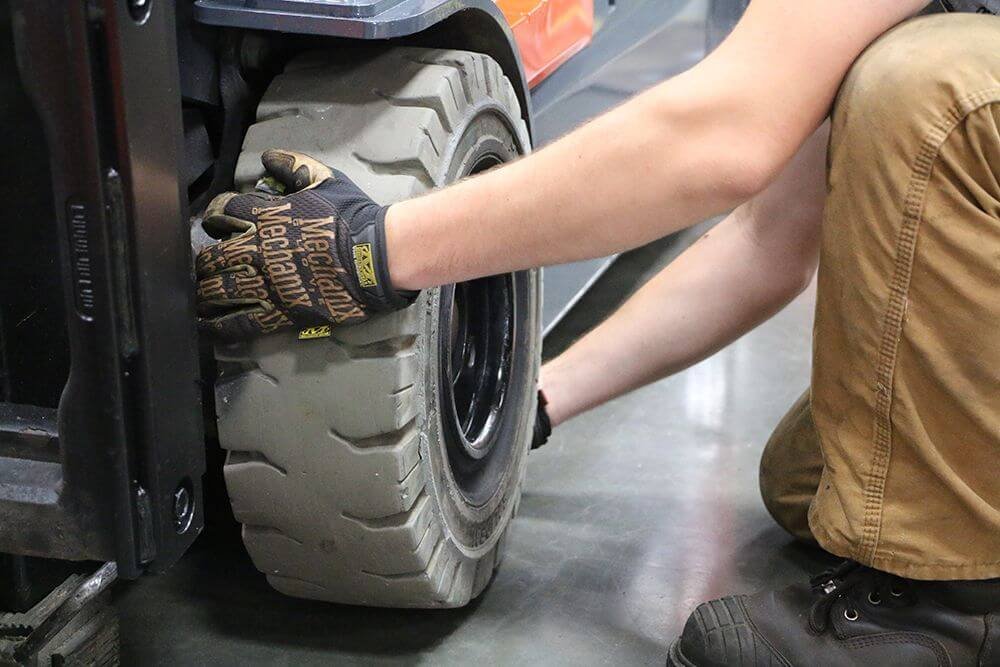Forklift Maintenance Best Practices
Regular forklift maintenance is essential for ensuring the longevity, safety, and efficiency of your equipment. By adhering to manufacturer-recommended maintenance schedules and procedures, you can prevent costly breakdowns, minimize downtime, and protect your investment.
From routine inspections and lubrication to battery care and tire management, this guide covers the key elements of a comprehensive forklift maintenance program. Implementing these practices will help your forklifts operate at peak performance and maximize their useful lifespan.
Maximizing Forklift Battery Life
Proper battery care is crucial for electric forklifts. Regularly cleaning the battery terminals, checking the water levels, and ensuring proper charging protocols can significantly extend the battery's lifespan. Avoid overcharging or letting the battery fully discharge, as these practices can damage the cells and reduce runtime.
Additionally, consider upgrading to more advanced battery technologies, such as lithium-ion, which offer improved energy density, faster charging, and lower maintenance requirements compared to traditional lead-acid batteries.
Optimizing Forklift Tire Performance
Maintaining the right tire pressure, rotation, and alignment is essential for safe and efficient forklift operation. Underinflated tires can lead to increased rolling resistance, reduced stability, and premature wear, while overinflated tires can compromise traction and ride quality.
Regularly inspect your forklift's tires for signs of wear, damage, or uneven tread depth. Rotate the tires as recommended by the manufacturer to ensure even wear, and consider replacing worn tires to maintain optimal performance and safety.
Preventive Maintenance Schedules
Adhering to a structured preventive maintenance schedule is key to maximizing the lifespan and reliability of your forklift fleet. This includes regularly scheduled inspections, fluid changes, component replacements, and other maintenance tasks as specified by the manufacturer.
By staying proactive with your forklift maintenance, you can minimize the risk of unexpected breakdowns, reduce overall repair costs, and ensure the safety of your operators and the surrounding work environment.






